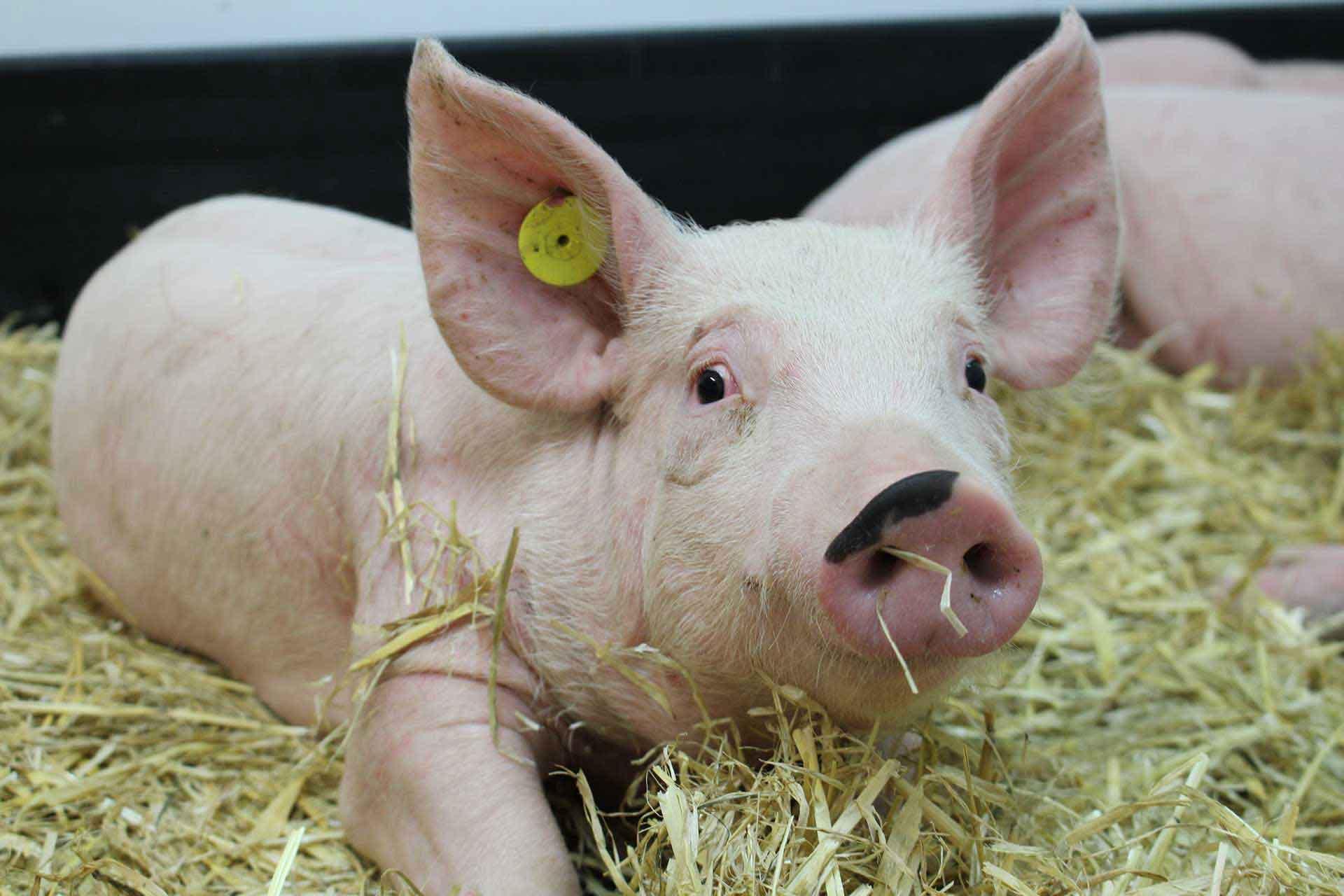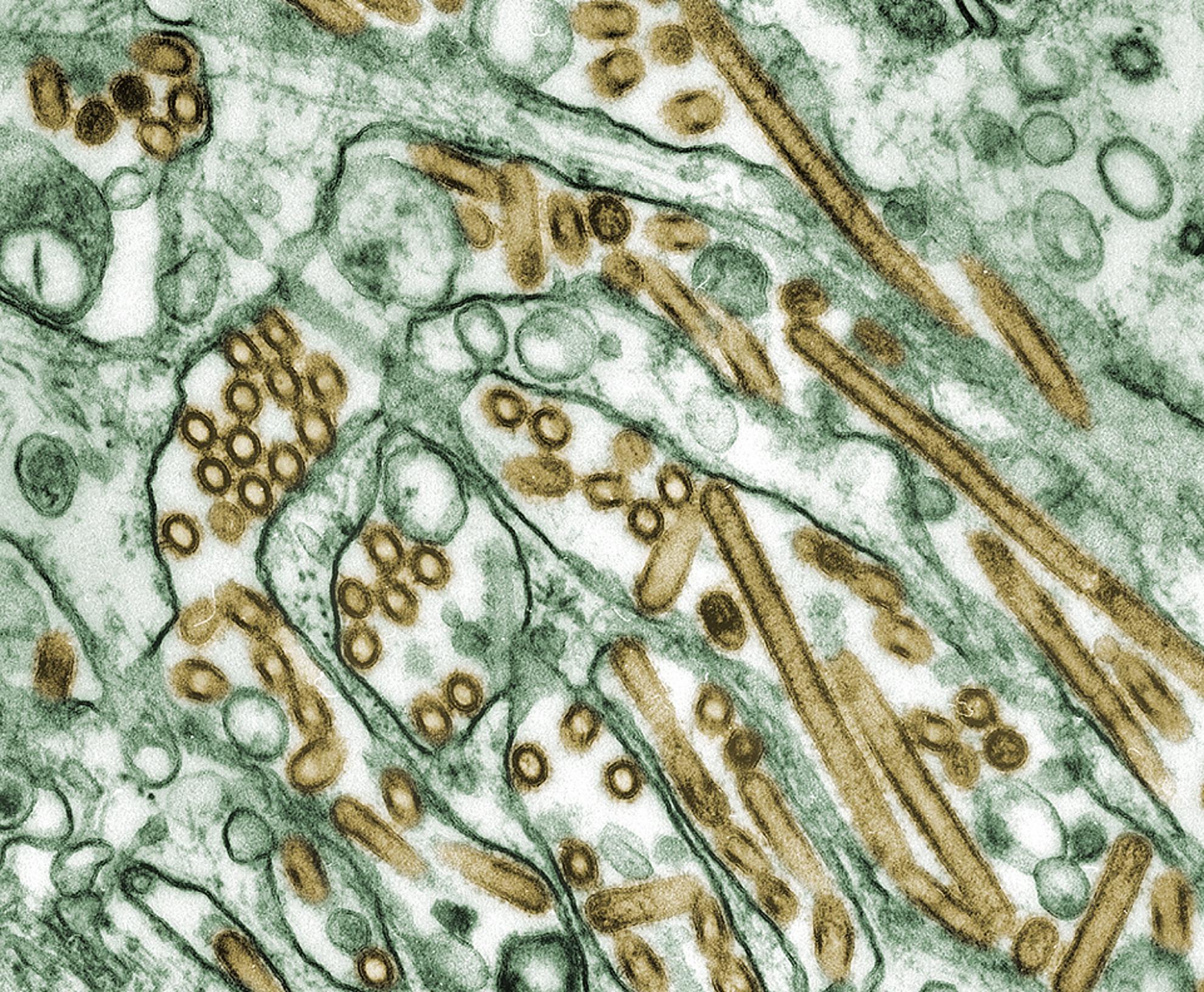Higher levels of B-cell mutation in the early germinal centres of an inefficient secondary antibody response to a variant Influenza Haemagglutinin
Designing improved vaccines against mutable viruses such as Dengue and Influenza would be helped by a better understanding of how the B-cell memory compartment responds to variant antigens. Towards this we have recently shown after secondary immunization of mice with a widely variant Dengue envelope protein, with only 63% amino-acid identity, that IgM+ memory B-cells with few mutations supported an efficient secondary germinal centre (GC) and serum response, superior to a primary response to the same protein. Here, further investigation of memory responses to variant proteins, using more closely related Influenza haemagglutinins (HA), that were 82% identical, produced a variant-induced boost response in the GC dominated by highly mutated B-cells that failed, not efficiently improving serum avidity even in the presence of extra adjuvant, and that was worse than a primary response. This supports a hypothesis that over certain antigenic differences, cross-reactive memory B-cell populations have reduced competency for affinity maturation. Combined with our previous observations these findings also provide new parameters of success and failure in antibody memory responses.

